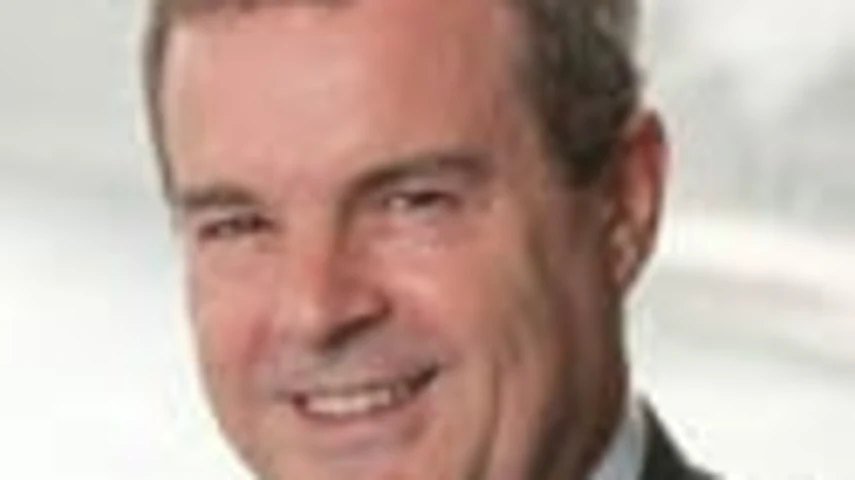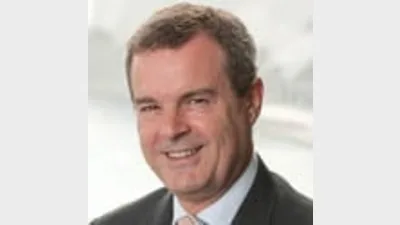FOFA to bolster institutions



The Government’s Future of Financial Advice (FOFA) reforms carry with them the risk of tilting the financial advice industry in favour of the major institutional players.
That is the assessment of Count Financial chief executive Andrew Gale, who told a Money Management roundtable (to be published in Money Management on October 28) that “there is a distinct possibility that it will lead to increased concentration of the industry because, especially in the non-aligned part of the sector, organisations may well need to reconfigure their business models”.
“And the reality is that I think some of the larger organisations that have got the wherewithal and the capability and the capital to make that transition will be able to do so, while the smaller to mid-sized licensees will find that more challenging,” Gale added.
“So I think it’s inevitable that if the FOFA changes go through as they’ve announced them thus far, it will lead to increased and accelerated concentration in the industry,” he said.
Gale questioned whether this was an outcome that the Government and the public policymakers actually wanted.
“It’ll actually more than likely lead to a reduction in the level of competition in the market, and with that tilt to the vertically integrated players, it may also lead to a reduction in the independence of advice,” he said. “So there’s a range of risk factors there in terms of if you take the macro view on the FOFA reforms, which the public policymakers really need to think through now.”
Professional Investment Services managing director Grahame Evans said that while he acknowledged the extensive consultative processes that had been pursued by the Government in delivering the FOFA proposals, he did not believe some of the major institutions had done enough to support the arguments of the advice industry.
“They sat back and watched the industry actually crumble,” he said. “They had an opportunity to go in and support the industry and I don’t believe they actually did it.
“I think they were absent from that situation. So now we’ve got to go and fight a rear-guard action on the value of advice, because it wasn’t done at the time,” Evans said.
Recommended for you
The Reserve Bank of Australia (RBA) has lowered rates to a level not seen since mid-2023.
Financial Services Minister Stephen Jones has shared further details on the second tranche of the Delivering Better Financial Outcomes reforms including modernising best interests duty and reforming Statements of Advice.
The Federal Court has found a company director guilty of operating unregistered managed investment schemes and carrying on a financial services business without holding an AFSL.
The Governance Institute has said ASIC’s governance arrangements are no longer “fit for purpose” in a time when financial markets are quickly innovating and cyber crime becomes a threat.











